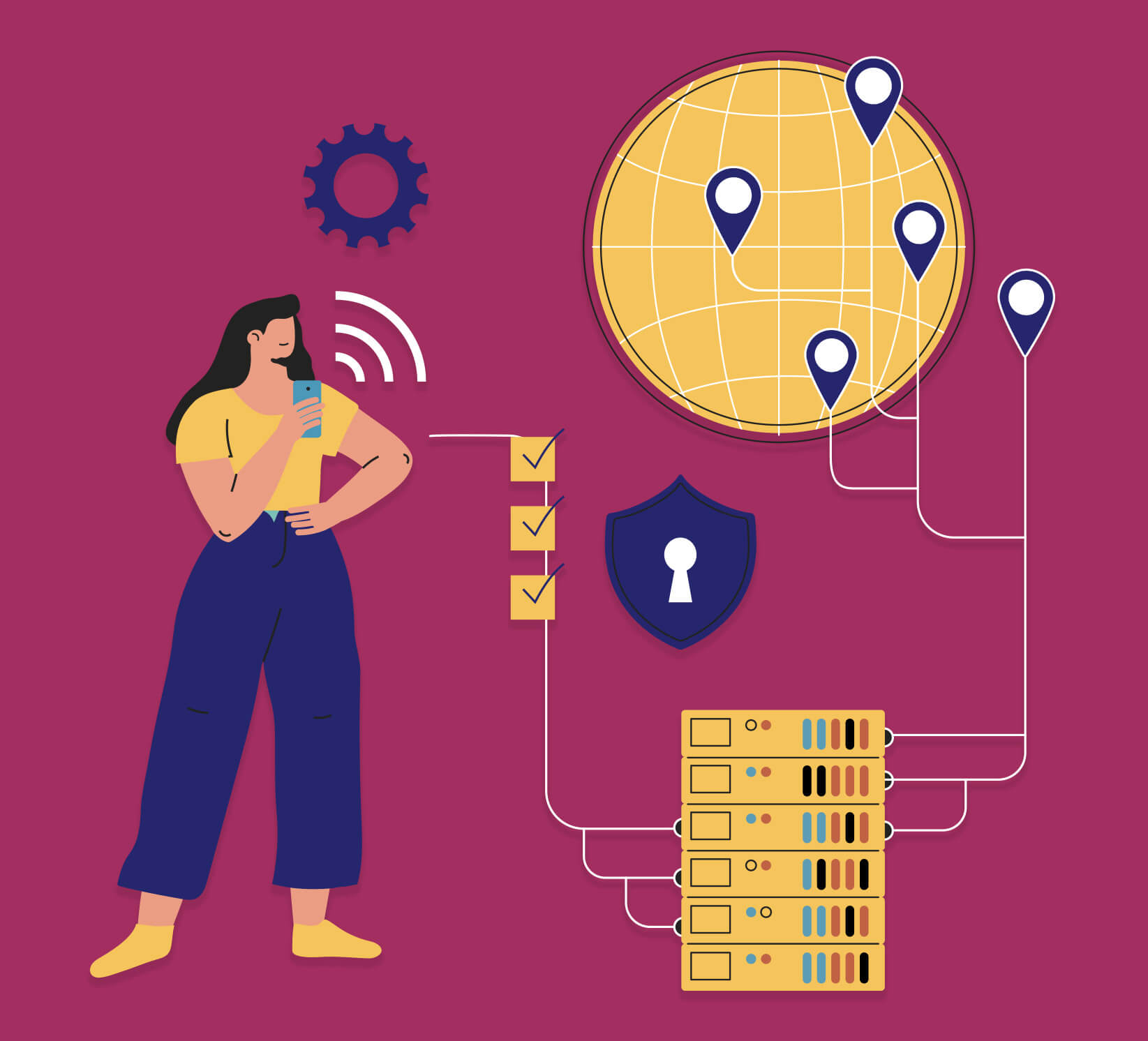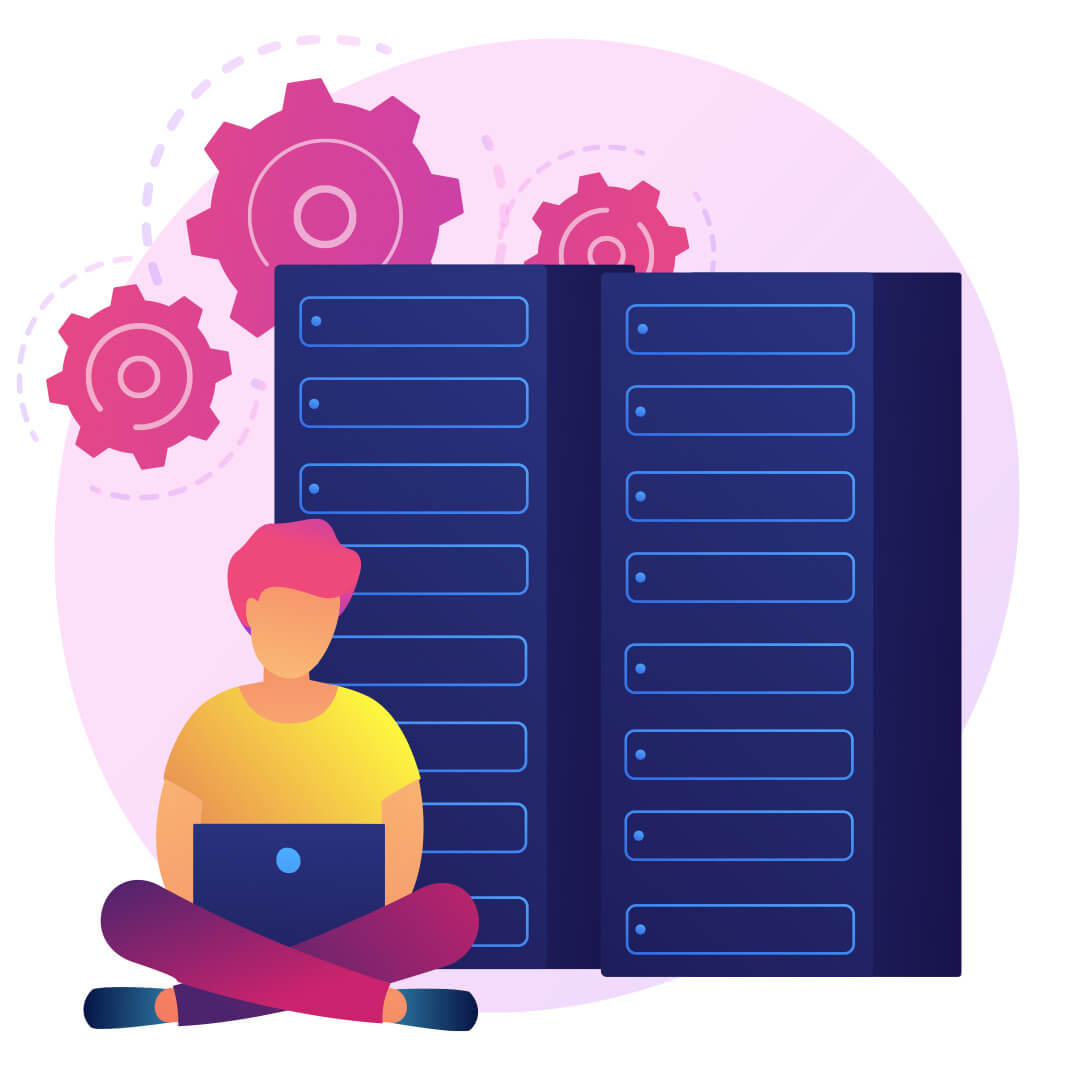Ensure uninterrupted operations and quick recovery with TOZCALL’s secure and reliable disaster recovery solutions.

Disaster Recovery (DR) ensures quick restoration of IT systems and data after any disruption , natural or human-made. As a key part of business continuity, DR helps organizations maintain critical operations and minimize downtime.
With strong, well-tested disaster recovery plans, businesses especially those operating in the cloud can reduce data loss, recover faster, and ensure uninterrupted service even during unexpected events.
Implementing advanced DR strategies safeguards your digital assets and builds customer trust. TozCall provides reliable disaster recovery solutions to keep your business running smoothly under any circumstance.

Unexpected events natural or man-made can seriously jeopardize companies in the fast-paced, technologically driven environment of today. From cyberattacks and power outages to natural calamities like floods or earthquakes, these interruptions can span For companies like TOZCALL that mostly depend on communication tools, having a strong Disaster Recovery (DR) strategy is crucial to guarantee continuity and reduce downtime.
When disaster strikes, the ability to quickly recover and restore operations is critical. Without a disaster recovery plan, organizations may face.
Prolonged downtime can lead to frustrated customers, damaging your reputation and business relationships.
Critical data can be lost or corrupted, resulting in significant setbacks.
Delays in communication can disrupt workflows, leading to lost productivity and revenue.
TOZCALL is aware of the need to keep flawless communication under unanticipated circumstances. Our disaster recovery systems are made to guarantee that, in the face of hardship, our services stay dependable, safe, and accessible
TOZCALL architecture is constructed with redundancy at every level. Our data centers are positioned deliberately over several areas so that, should one center fail, another is ready to take over without causing disturbance.
Frequent automated backups of all data guarantee that your information is safe and can be quickly recovered. This covers consumer information, call records, and campaign specifics.

Our sophisticated failover solutions instantly transfer traffic and workloads to healthy servers should a failure. This guarantees that your running campaigns for communication remain flawless.
We keep an eye on our systems looking for any anomalies or possible hazards. Should a problem arise, our staff gets immediate alerts so that we may respond quickly to reduce risk.
We keep an eye on our systems looking for any anomalies or possible hazards. Should a problem arise, our staff gets immediate alerts so that we may respond quickly to reduce risk.
TOZCALL is dedicated to protecting your communications, but equally crucial for your company to have a disaster recovery strategy of its own. Following these best practices will help.
Back up your data often, keeping it in several sites including offsite or on the cloud.
Create and record a business continuity strategy detailing how your company will keep running even through a calamity.
Employee training on disaster recovery protocols guarantees that your staff members know how to access important systems and data should an emergency strike.
Create a clear communication strategy to keep your staff updated and organized through a disaster.
A strong disaster recovery plan ensures business continuity by quickly restoring backup systems and data, minimizing downtime, and maintaining team productivity.
A robust disaster recovery plan enhances system security by integrating data protection, backups, and restoration to reduce risks from ransomware, malware, and other threats.
A strong disaster recovery plan reduces downtime and financial losses by enabling quick system restoration through cost-effective cloud backups and efficient data management.

TOZCALL has done magic in market and connected all services on one platform. We provide VOIP, Fully Customized Dialling Solutions and many other platforms you think of.
Send Message
Solutions
Resources